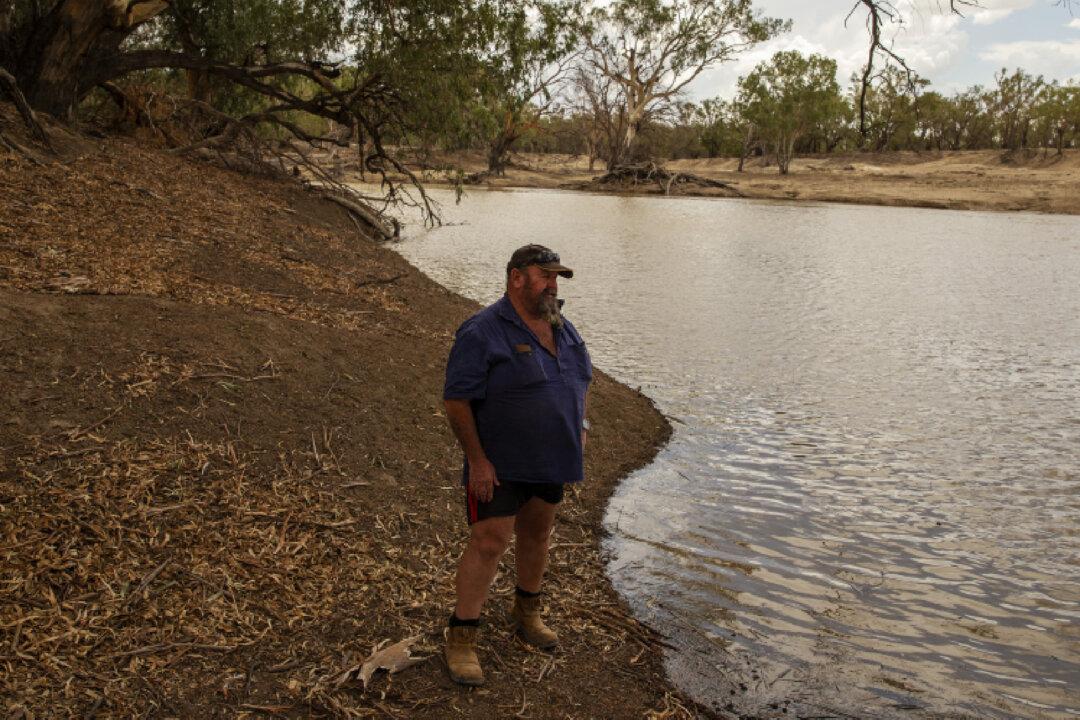A community group is encouraging the federal government to call out and address the “imperfections” of the controversial Murray Darling Basin Plan while urging for a greater understanding of the plan’s environmental impacts.
Speaking on the National Rural news podcast on Jan. 12, Shelley Scoullar, Chair and co-founder of the Speak Up Campaign—an advocacy group for Basin communities impacted by the Murray Darling Basin Plan—said that policymakers need to look at the reality of the Basin plan.





